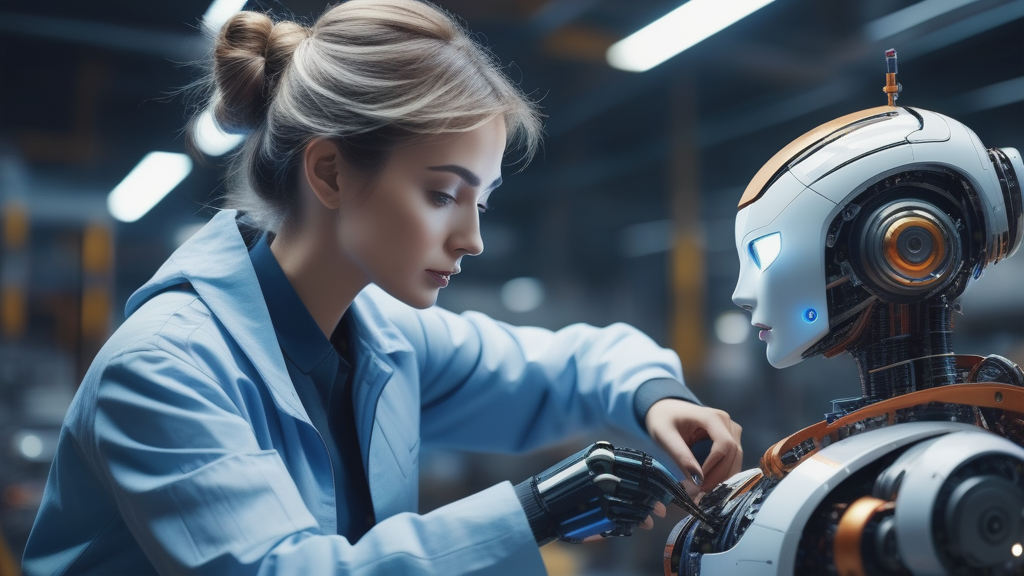Technology should not aim to replace humans, rather amplify human capabilities.
Doug Engelbart, Stanford Research Institute, 1968
An interesting topic arose in the latest Veramed Stories Podcast Paraphrased as:
When I first heard about (clinical trial) automation and AI, I thought “will it put us all out of a job?”
Veramed Stories Podcast Episode 007
A great question which speaks to real concerns and forces us to examine why we are automating in the first place, and what we hope to achieve.
Increasing employment rates
The World Economic Forum estimates that by 2025, technology will create at least 12 million more jobs than it destroys, a sign that in the long run, automation will be a net positive for society
Harvard Business Review
Clearly the utopian life of leisure is not here, and shows no signs of being around the corner!
So, if IT automation has resulted in more people working, not less, then what is the point? why are we automating anything?
Augmented human intellect
The foundations of the ‘IT revolution’ can be found in Doug Engelbart’s 1958 paper Augmented Human Intellect: A conceptual framework
By “augmenting human intellect” we mean… more rapid comprehension, better comprehension, the possibility of gaining useful degree of comprehension in situation that previously was too complex, speedier solutions, better solutions, and the possibility of finding solutions to problems that before seemed insoluble.
Introduction to Augmented Human Intellect: A Conceptual Framework
The goal is to optimize comprehension, not to reduce or eliminate work.
Automation is one of the tools that we use to improve comprehension – it allows us to crunch more data, more quickly, and to visualise it more easily.. all of which helps reduce “time to insight”.
Automation transforms jobs
So, to address the original question – will automation replace your job? No. However is will certainly change your job.
The tools and processes that we use to design clinical trails, specify what data to collect, how to analyse the data and report on trials will all change.
The goal (of automation) is not (to employ) less people; The goal is better comprehension, more quickly.
